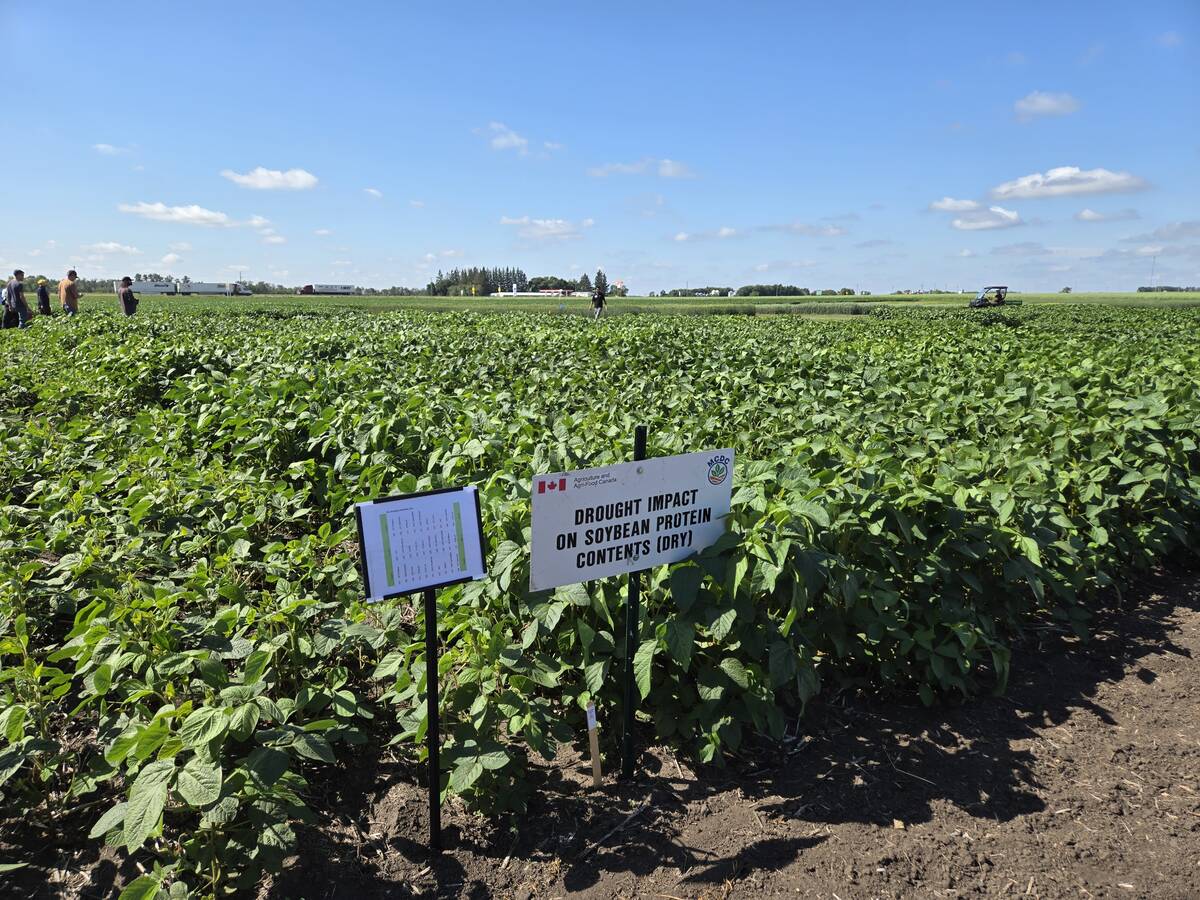OTTAWA – Clay Gilson, one of the deans of Canadian agricultural academics, told federal politicians last week that farm policy is in the midst of its greatest upheaval since the 1930s.
Cash-strapped governments, free trade deals, declining rural areas, booming ‘rurban’ areas near cities and growing criticism of traditional institutions and solutions, make the 1990s a “landmark” period of change, he told MPs and Senators studying the future of agriculture.
“I think we will look back on this time as a major break with the past,” he said. “Now, incremental change to existing policies may not be sufficient.”
Read Also

Carberry field day looks for agriculture solutions
Manitoba farmers explored research solutions for resilient crops, perpetual agronomic issues and new kinds of agricultural products at a field day at the Manitoba Crop Diversification Centre in Carberry on Aug. 6.
Over the years, Gilson has been involved in advising a series of federal and provincial governments on appropriate policies.
Now, he said, many policies that have sustained farmers and governments since the 1930s may not be doing the job.
Safety nets are being revised, the Canadian Wheat Board and marketing boards are under attack and governments with no money have little room to manoeuvre.
Policy recommendations
Among Gilson’s recommendations during a wide-ranging, two-hour session with MPs and Senators, who have launched a study of future agricultural policy needs, were that:
- The ‘family farm’, which has been the foundation for generations of farm policy, should be redefined to take account of off-farm work, incorporated families or ‘syndicates’ of farmers working together.
- New farm transfer policies and programs must be worked out so that new farm entrants are not saddled with unmanageable debt. At present, that can happen only if parents give the farm away, but that means giving away their pension.
- Agriculture policy must begin to deal with the special needs of ‘rurban areas’ where farmers, often part-time, work side-by-side with urban workers who may object to the sights, sounds or smells of farming. Tax issues, land use, pollution control and right-to-farm issues for these areas have not been considered in public policy so far.
- Public policy should formally recognize not all farmers can sustain themselves on the land so permanent “adjustment” policies to help move them should be designed.
- In any new income safety net program, crop insurance should be retained.
Gilson said traditional national policies are being challenged by new liberalized trade agreements. “Our job … is to find a new way to reconcile national policies with the trade agreements.”
He said the watersheds of Canadian agricultural policy have been the Prairie land settlement years at the turn of the century, the Depression years which produced institutions like the wheat board and policies like marketing board legislation and the current period.
“Coming out of this period, I think we need some radical new thinking about how to revitalize our rural areas,” Gilson said.
Retired University of Alberta professor Alf Petersen defended the Canadian Wheat Board and other marketing systems that give farmers some collective power in the market.
And he suggested that policy makers do what they can to help revive what he sees as a declining farm lobby, so farmers have a stronger voice in future policy discussions.














